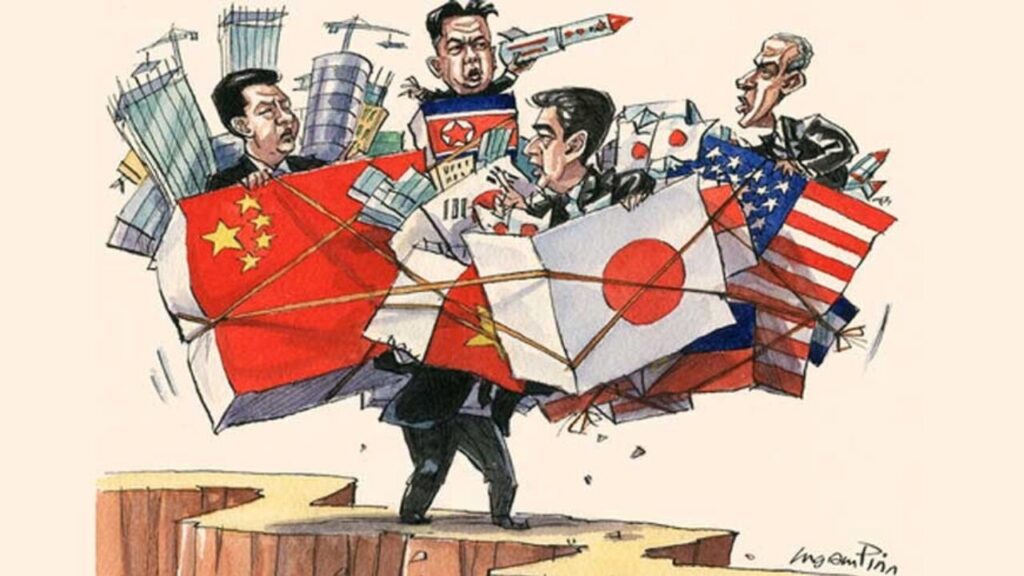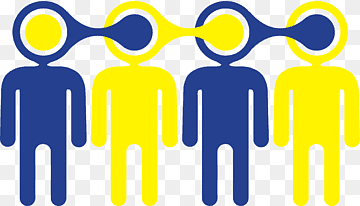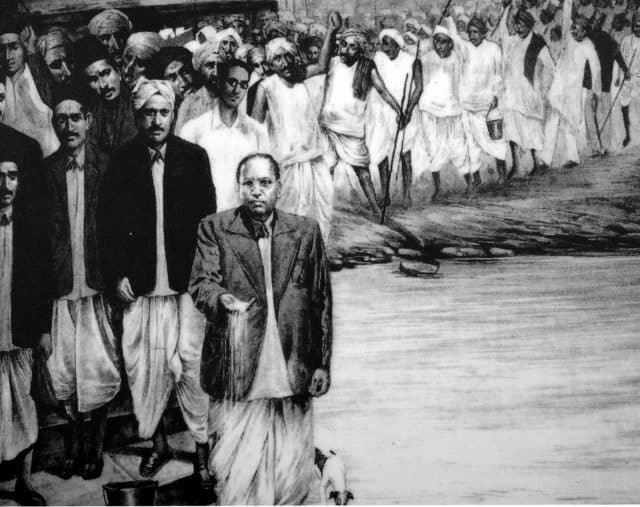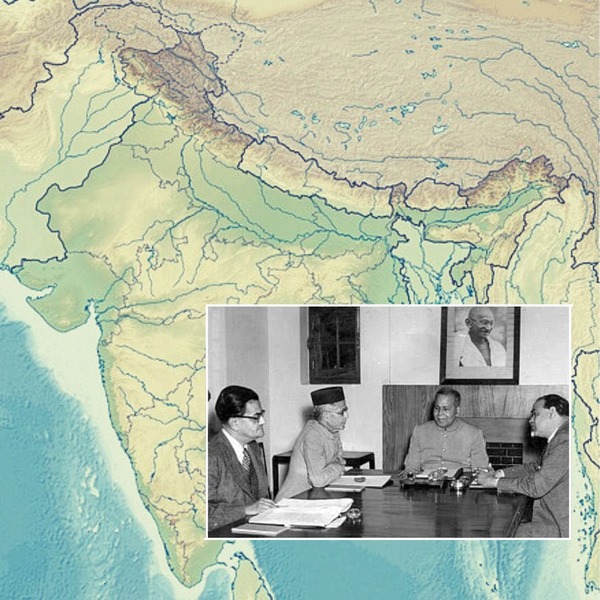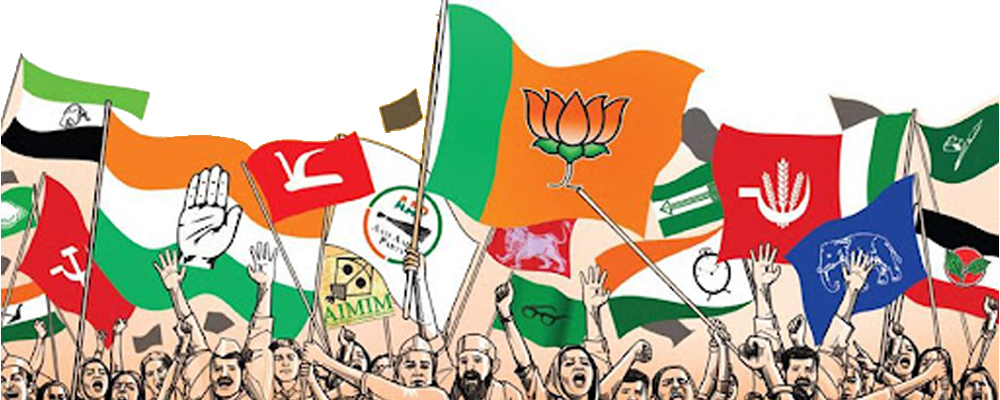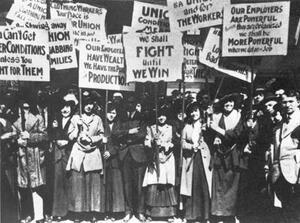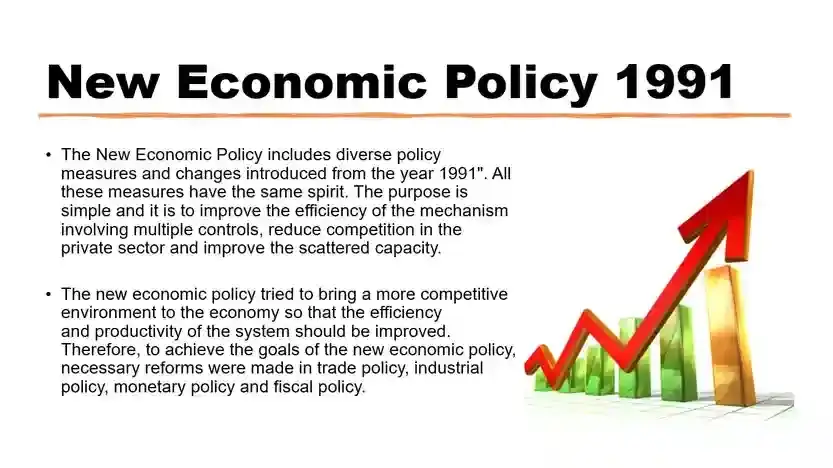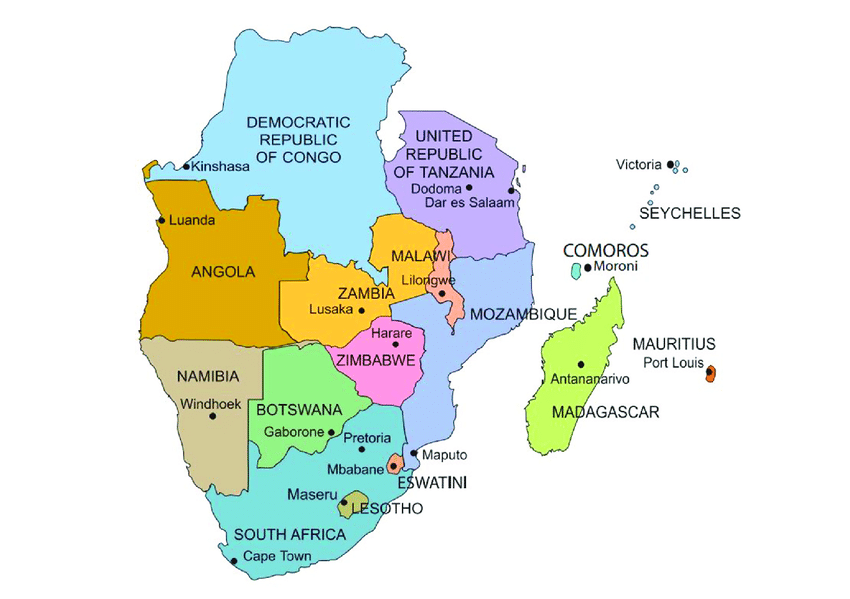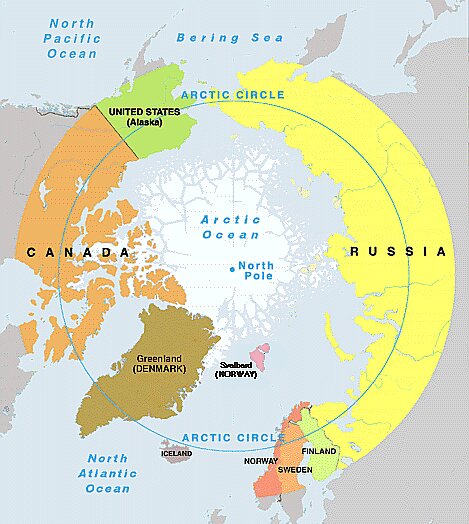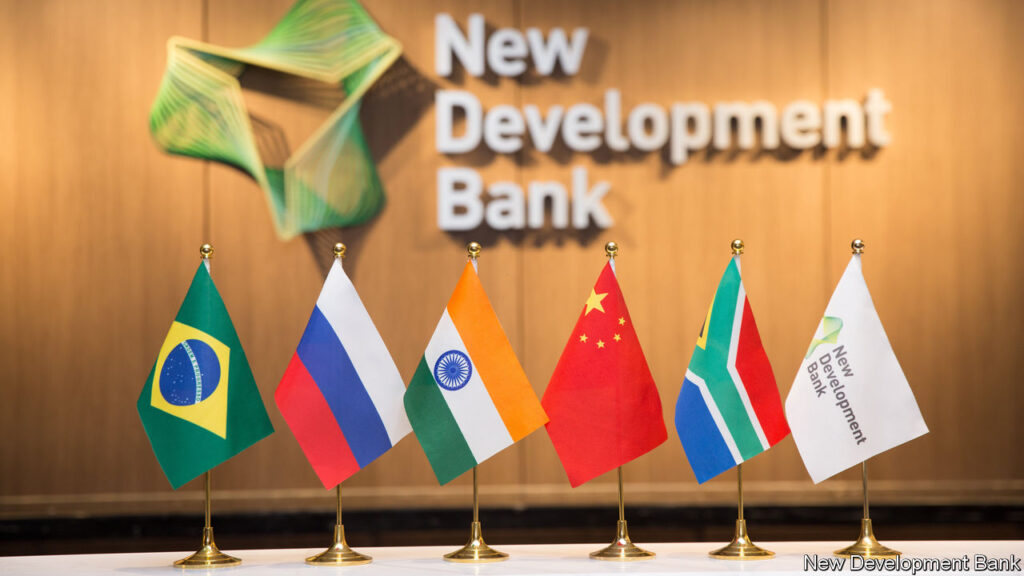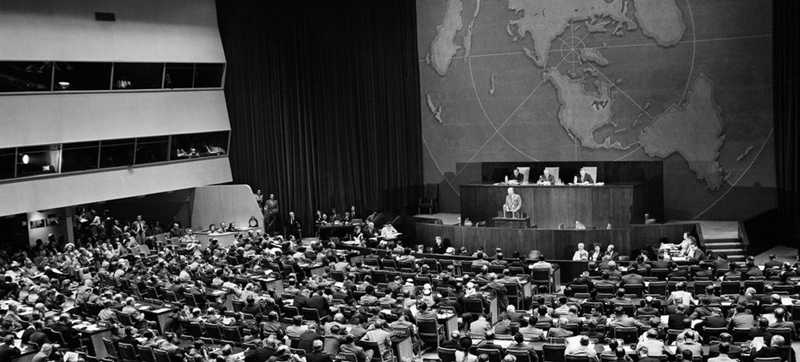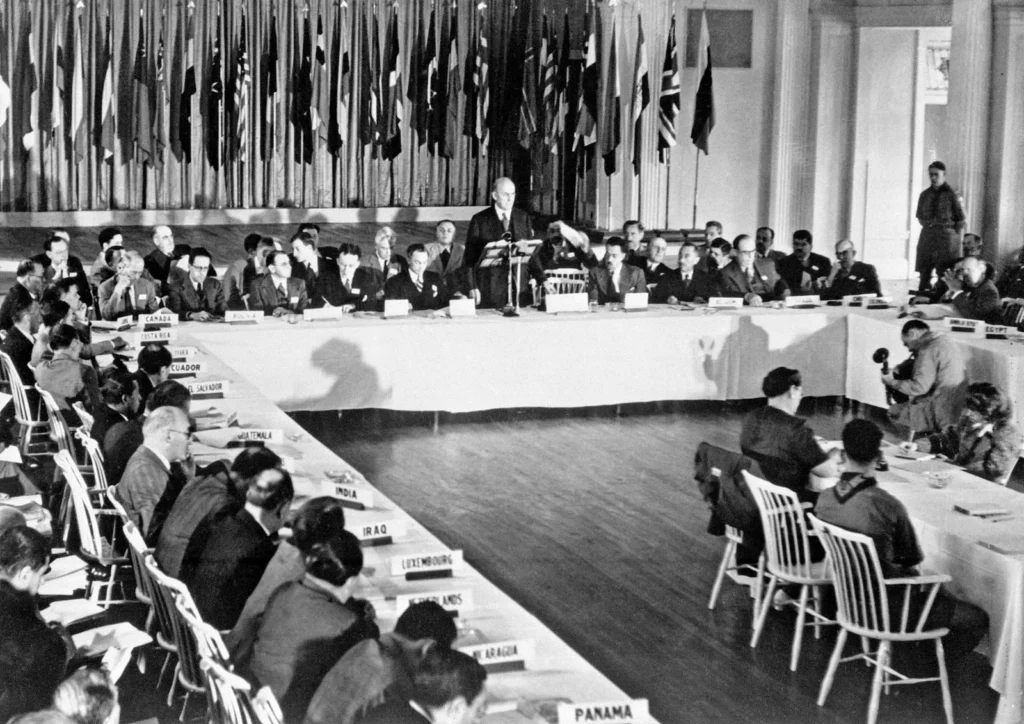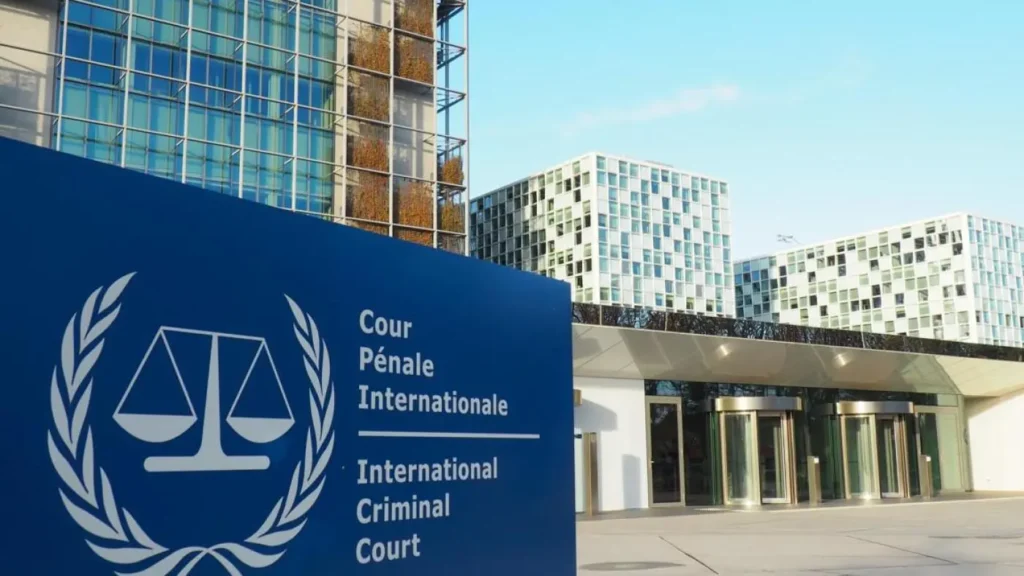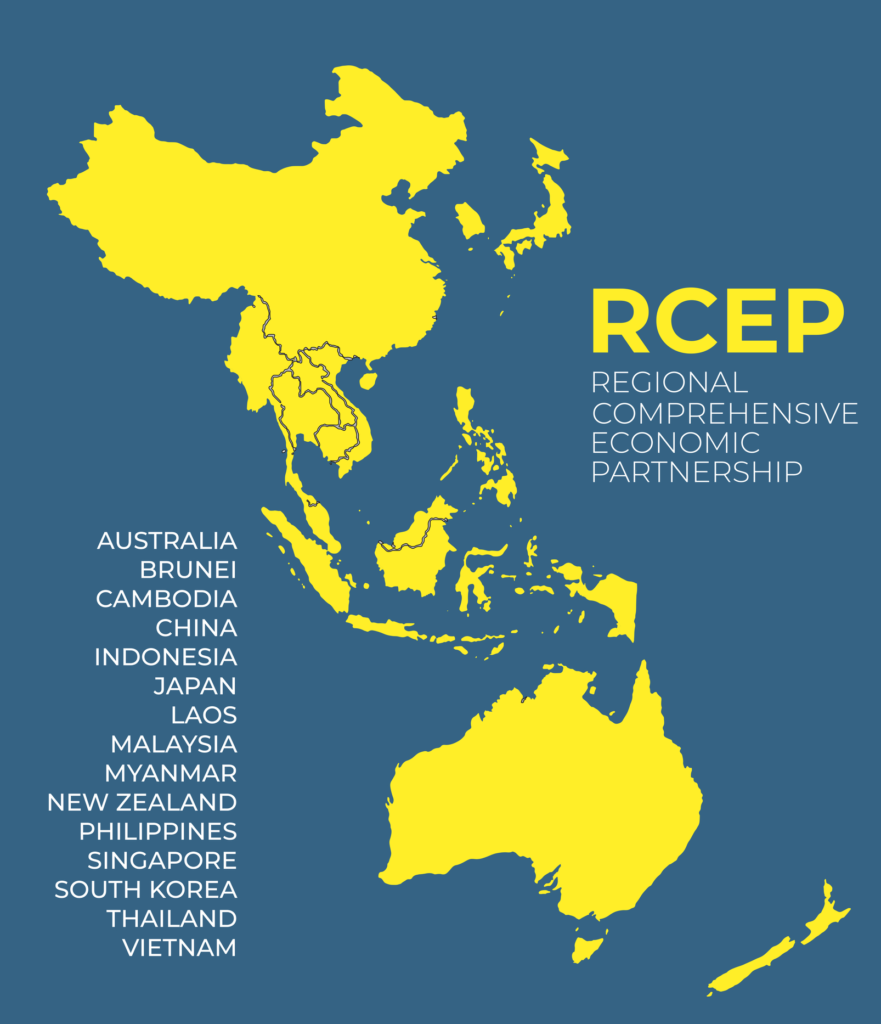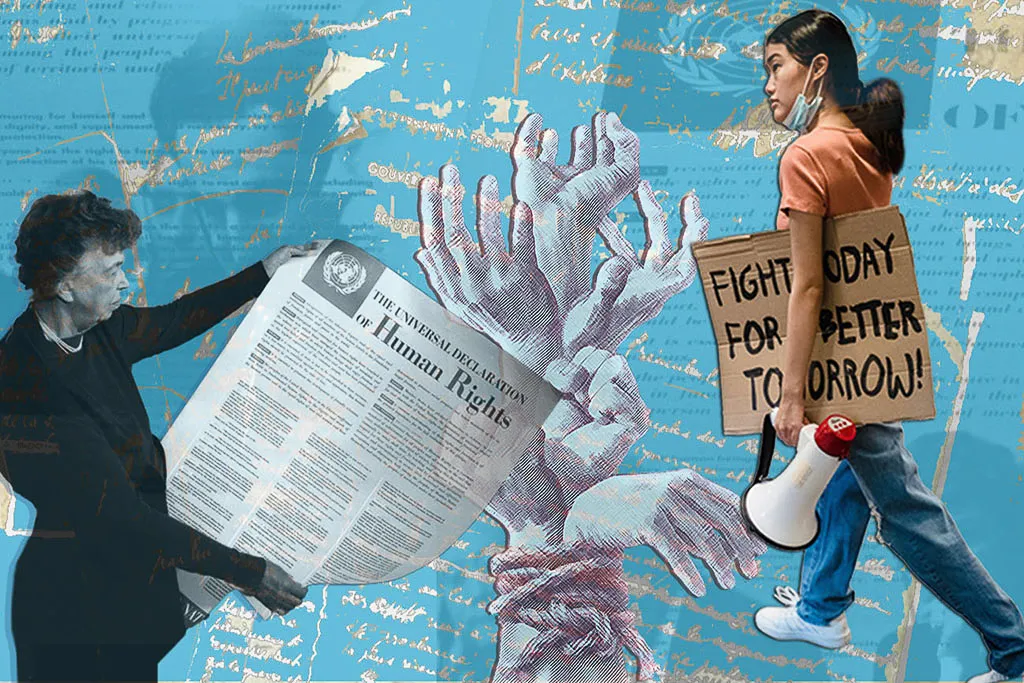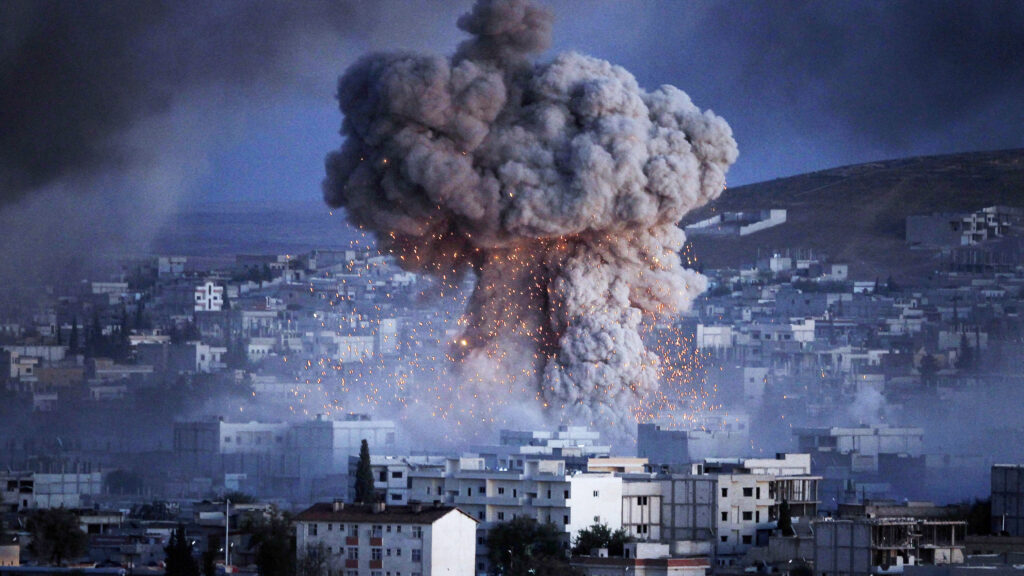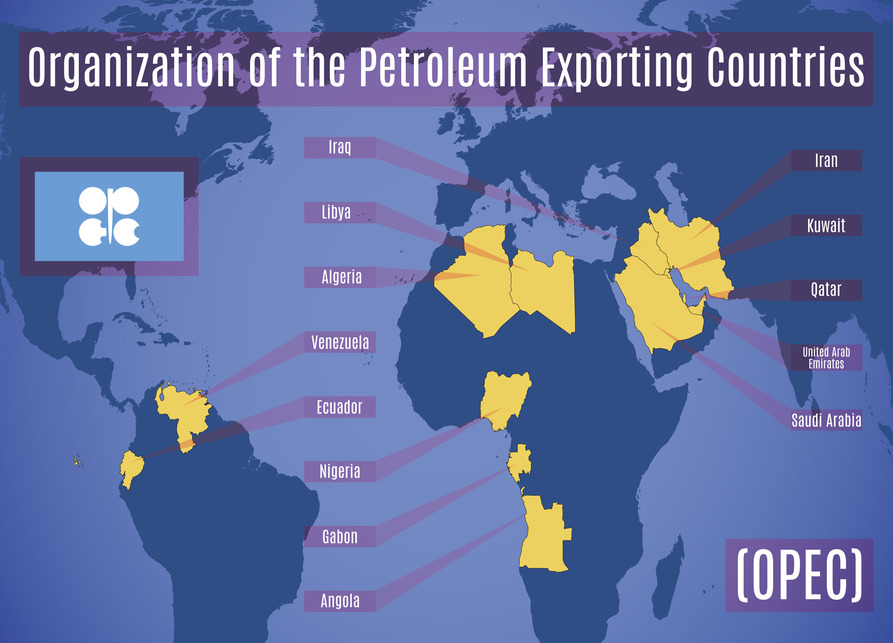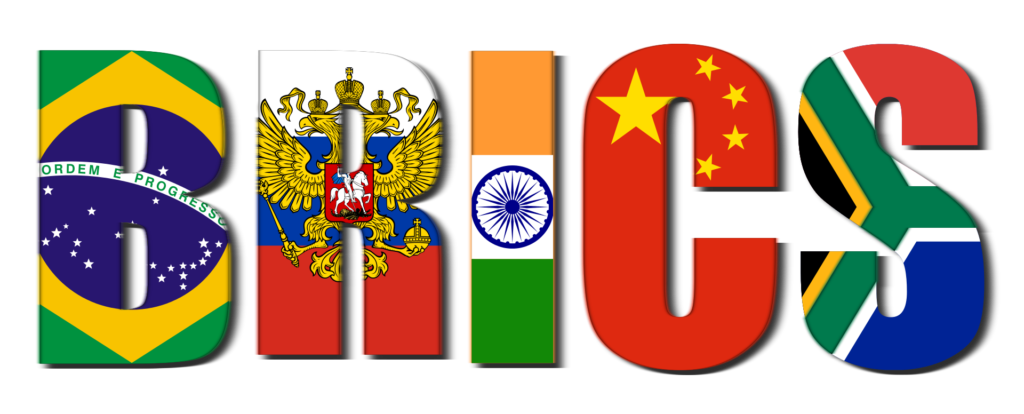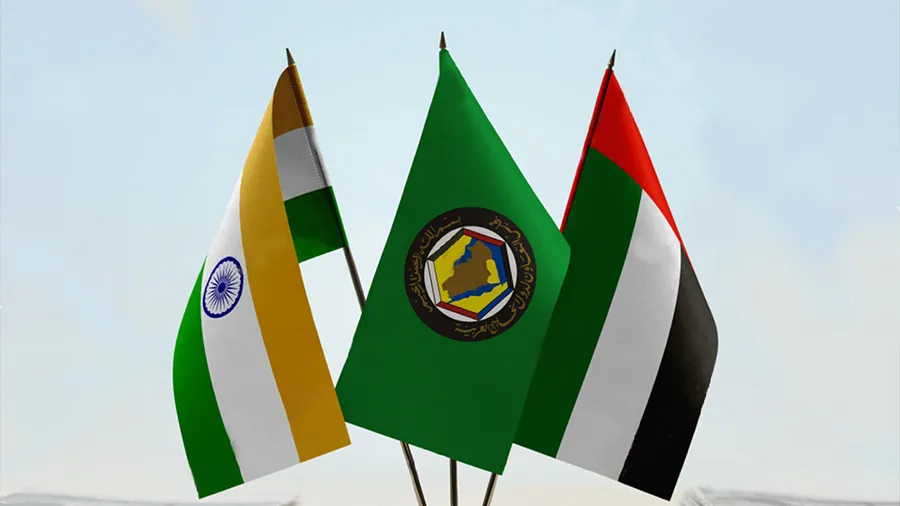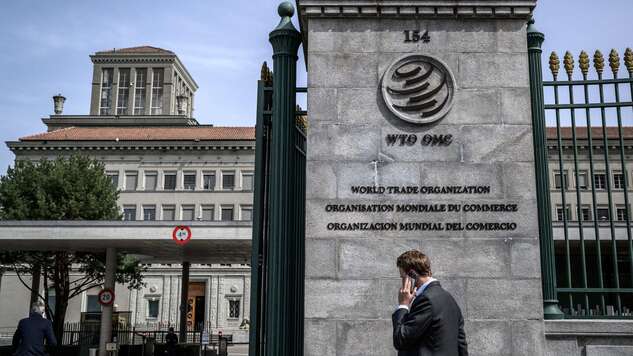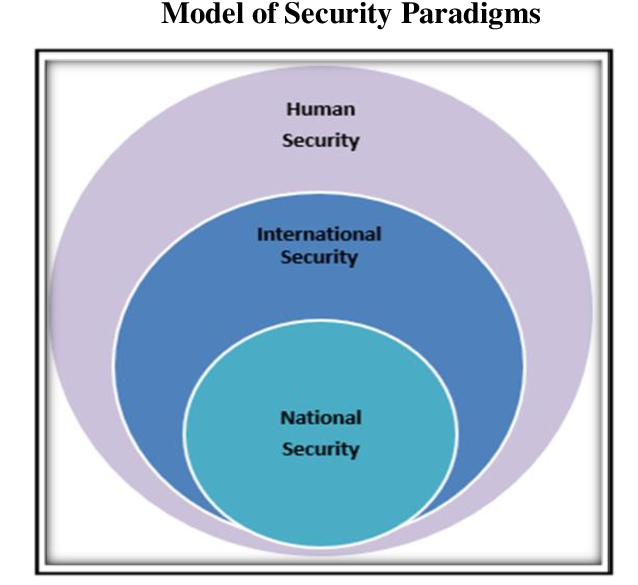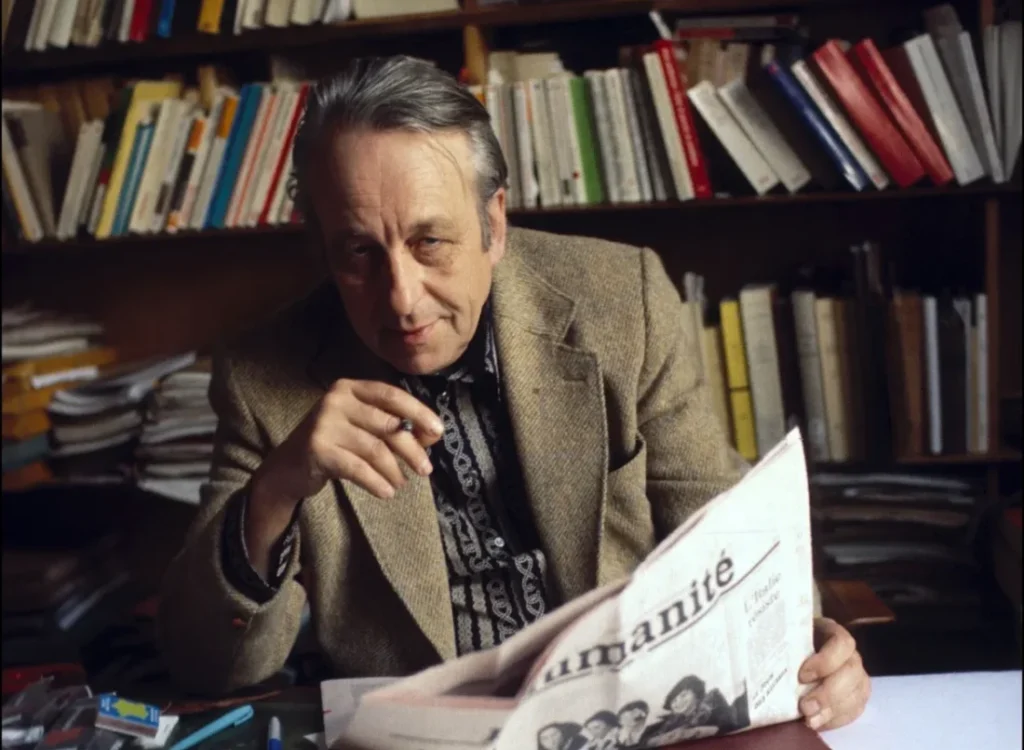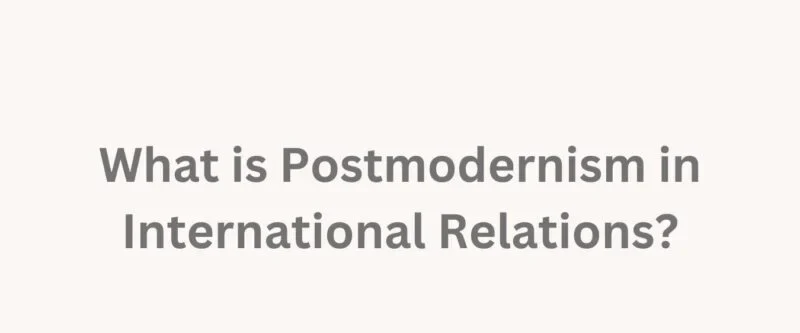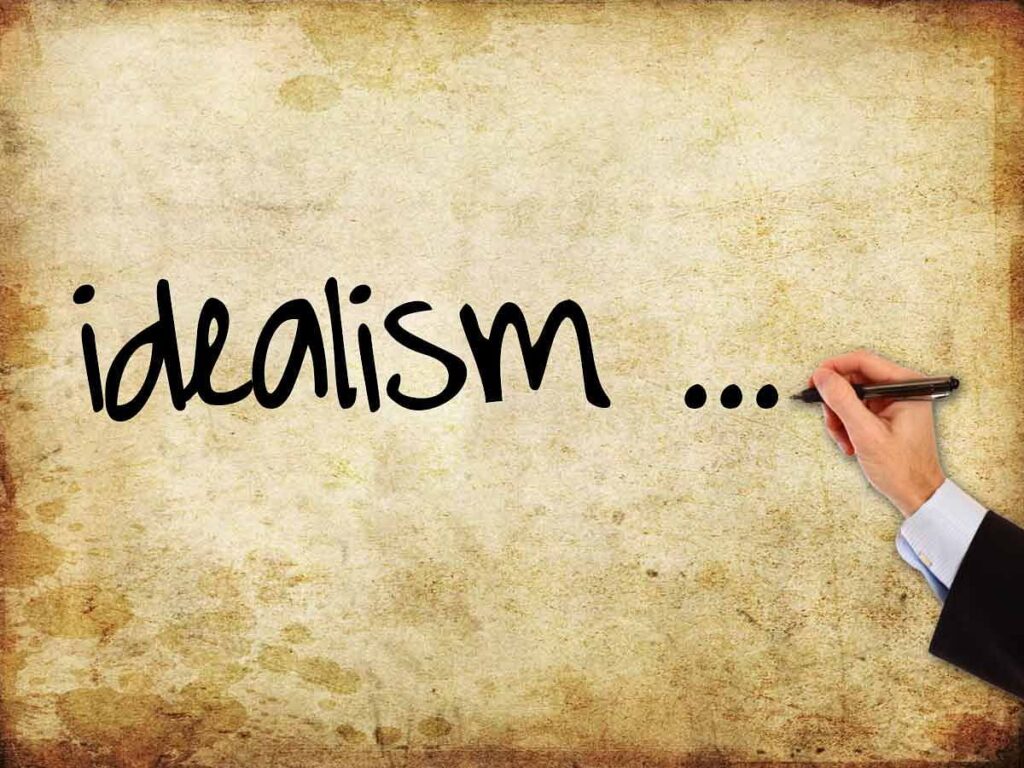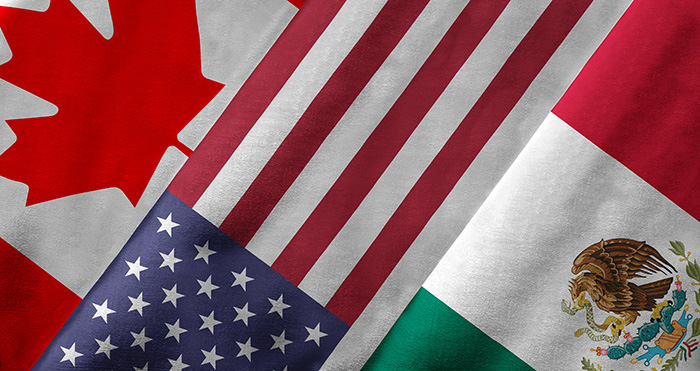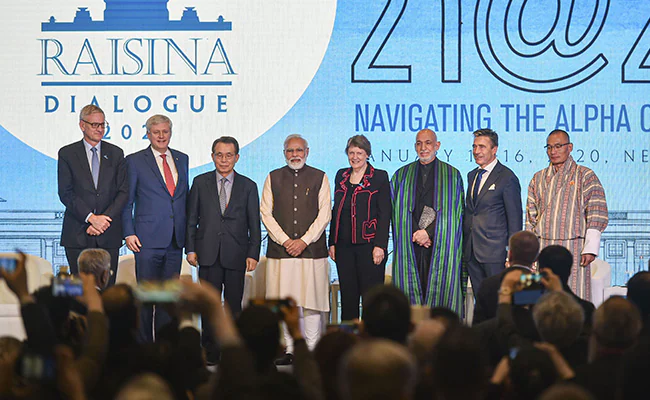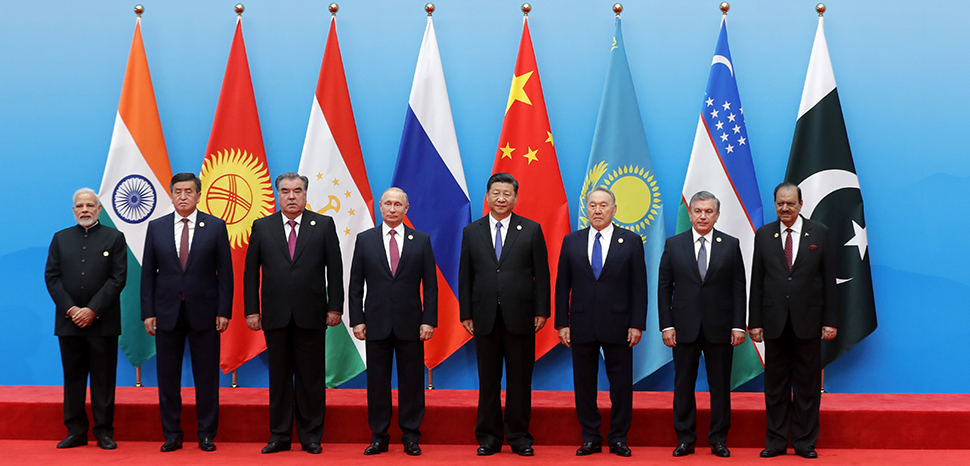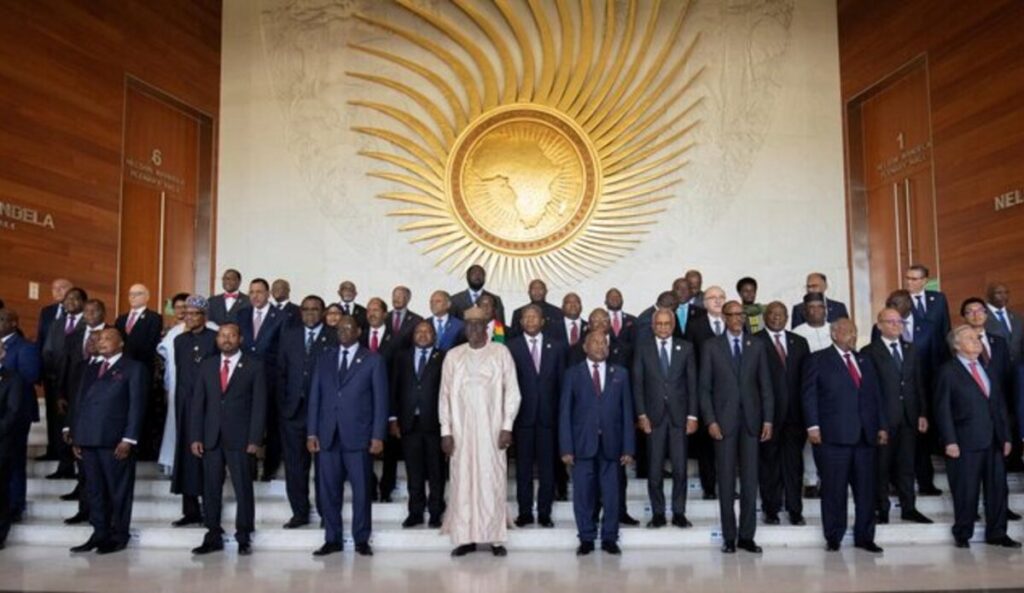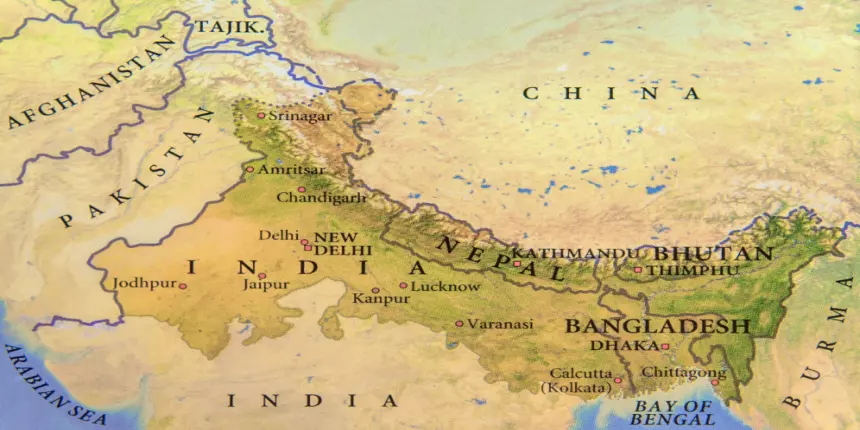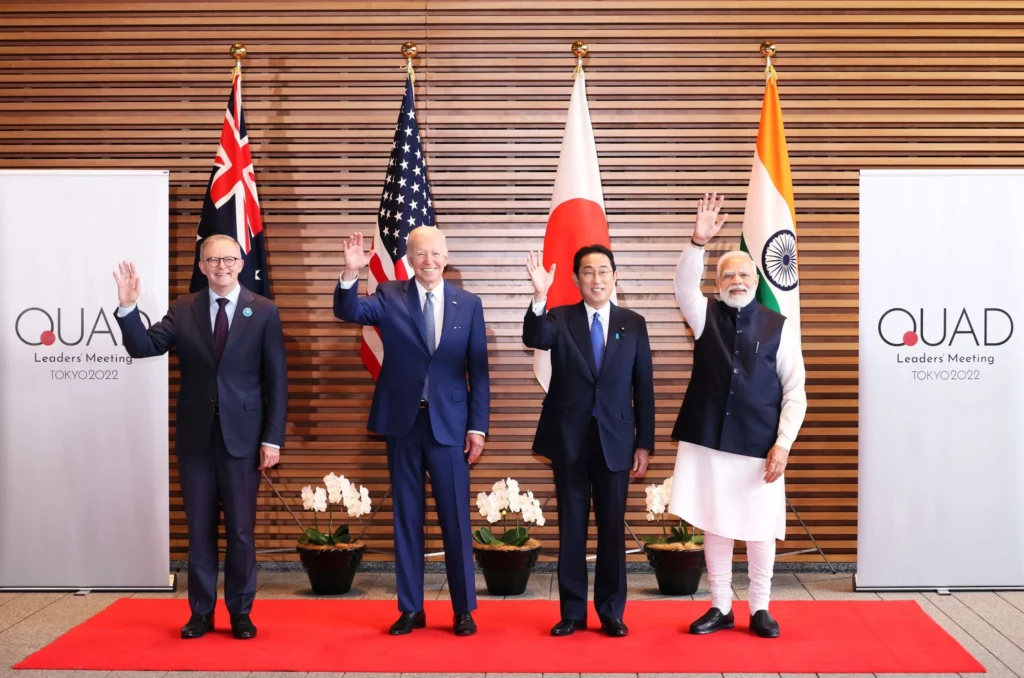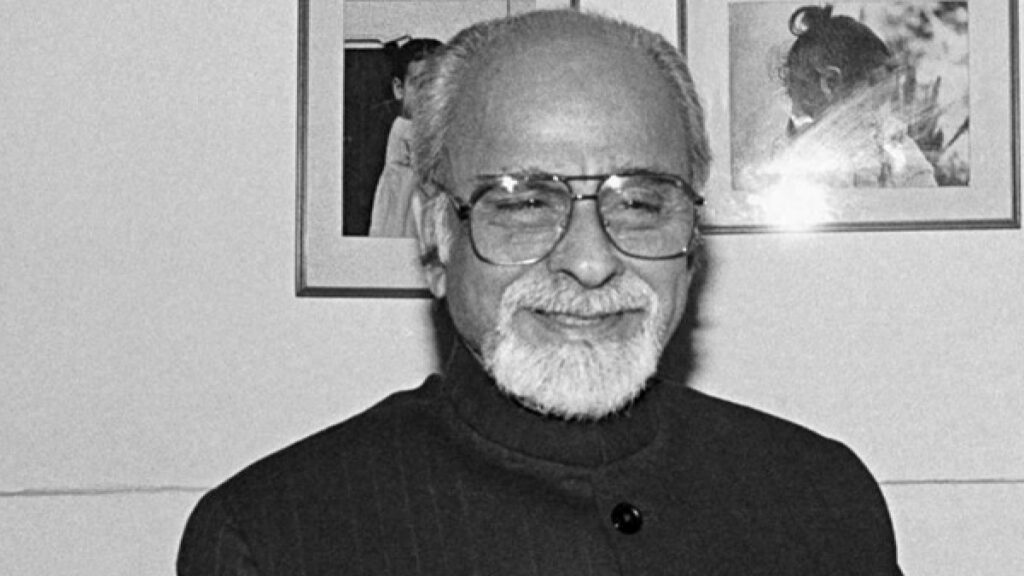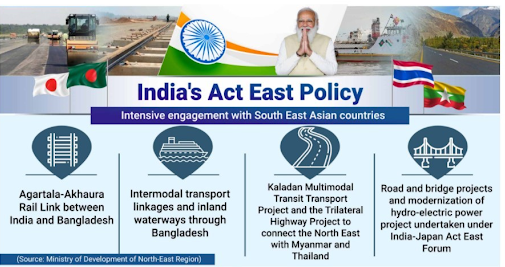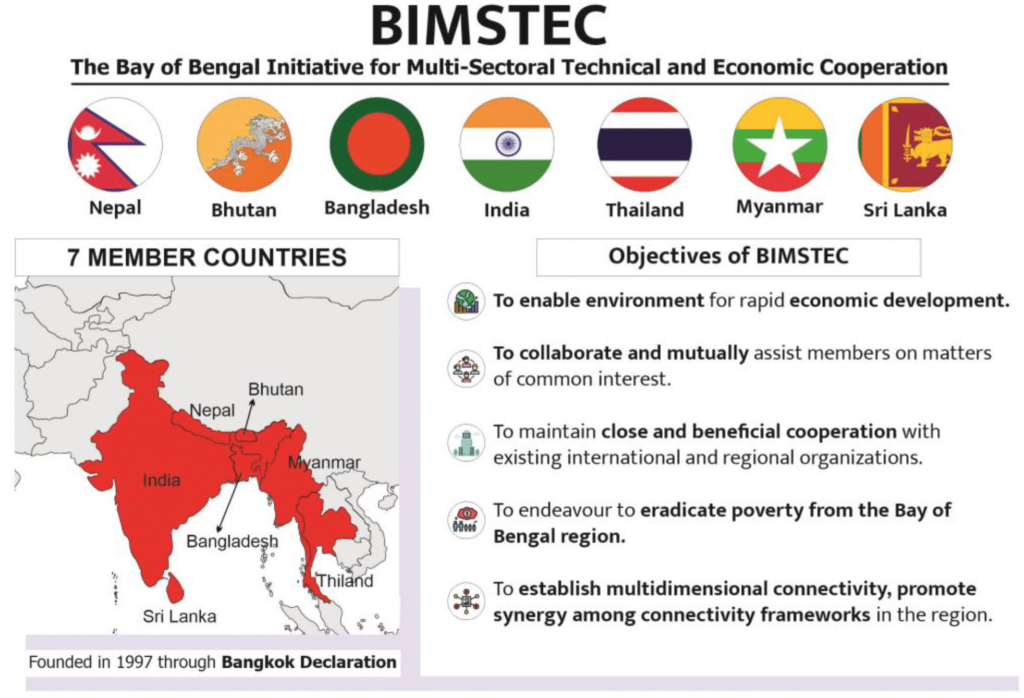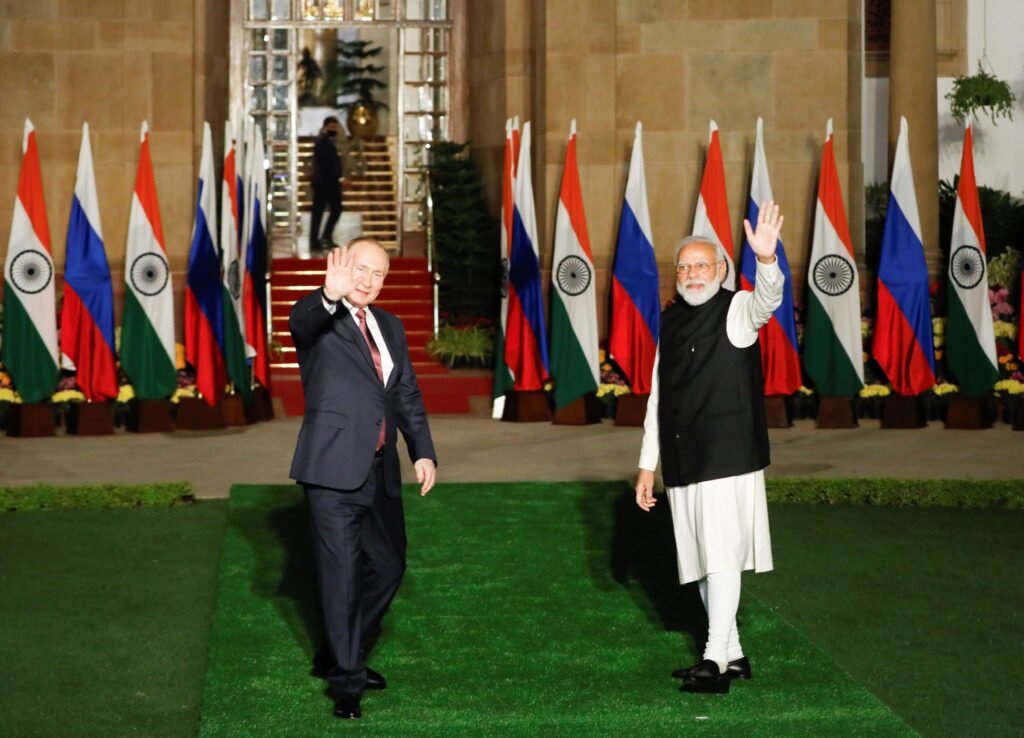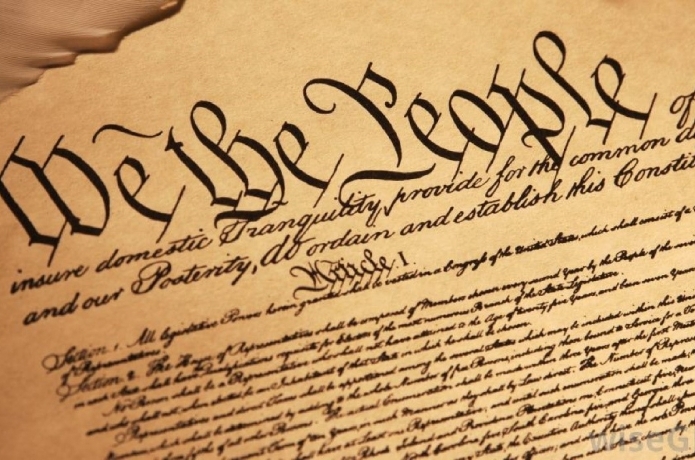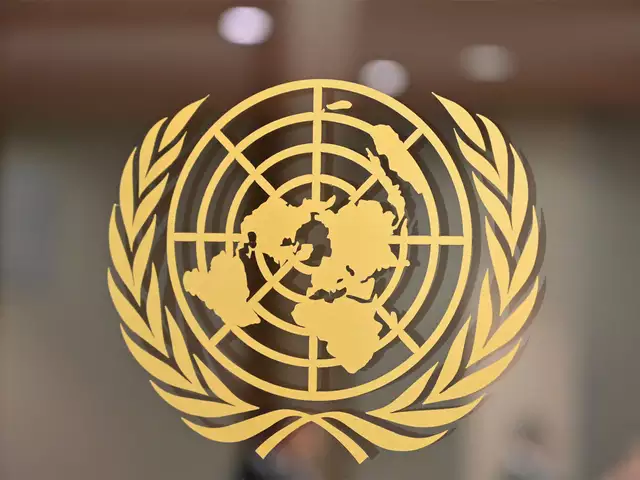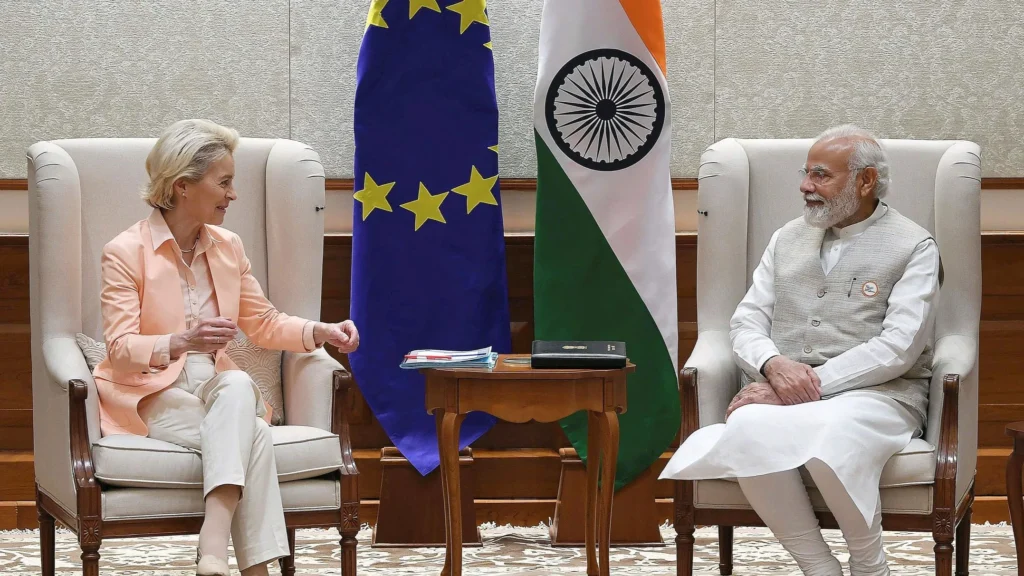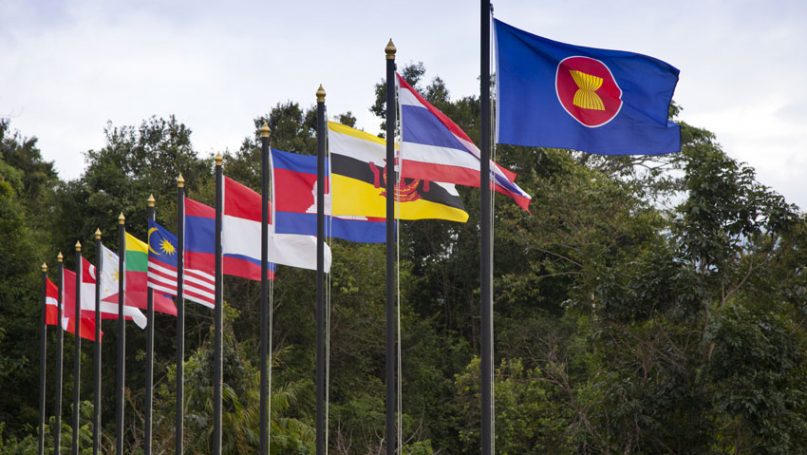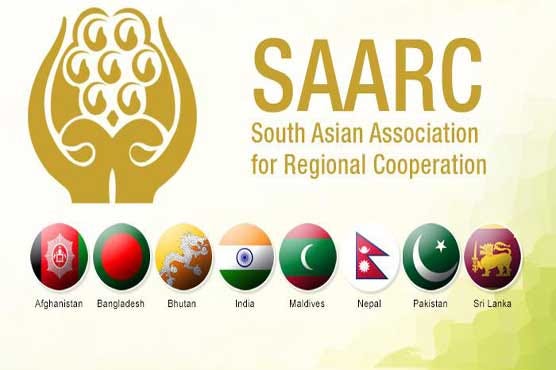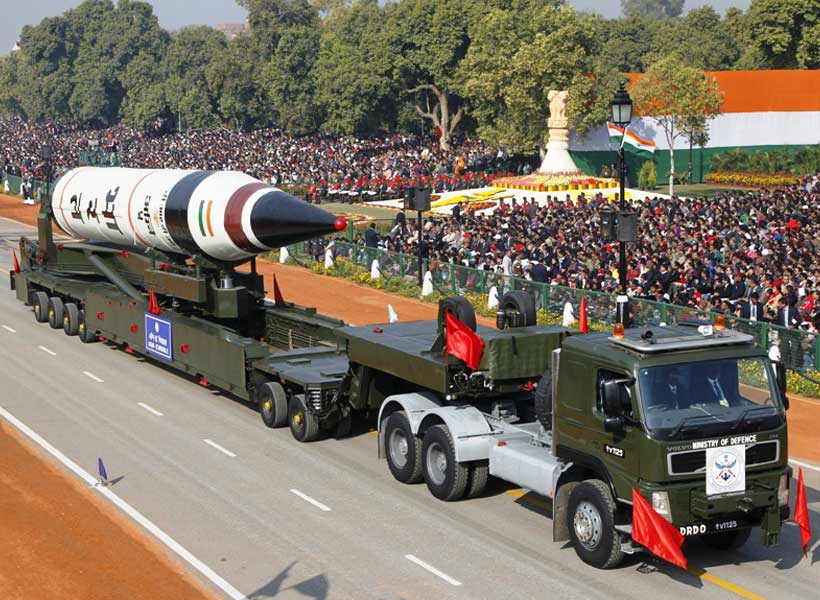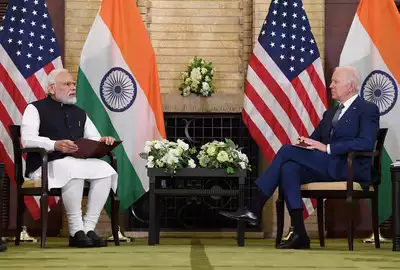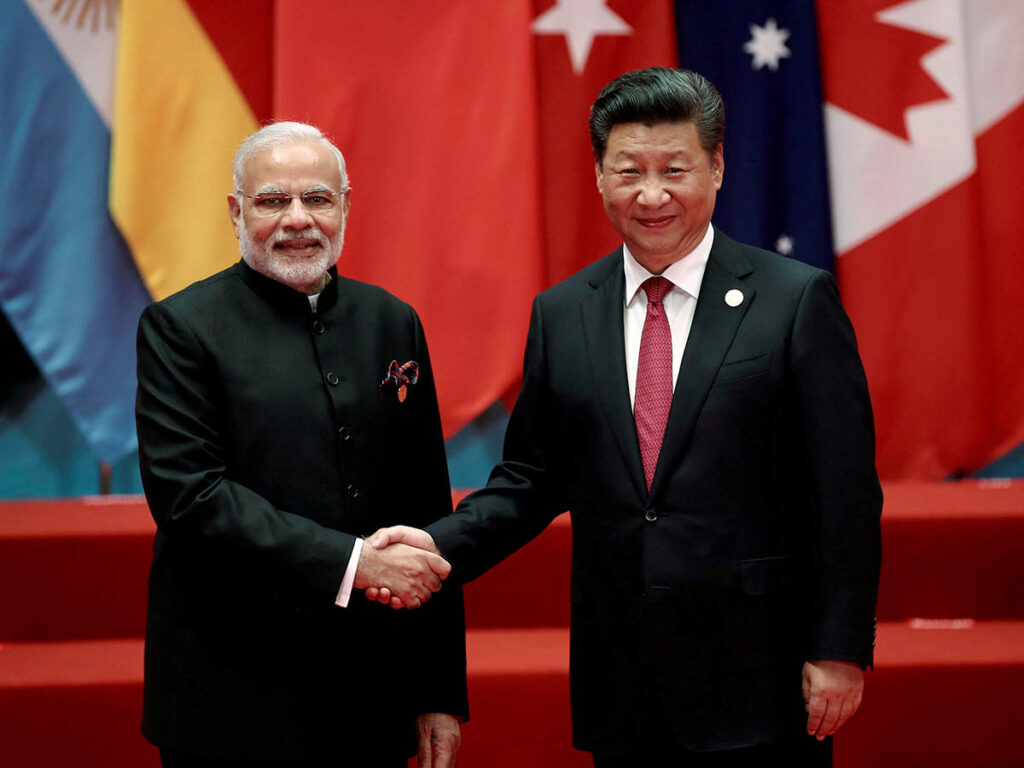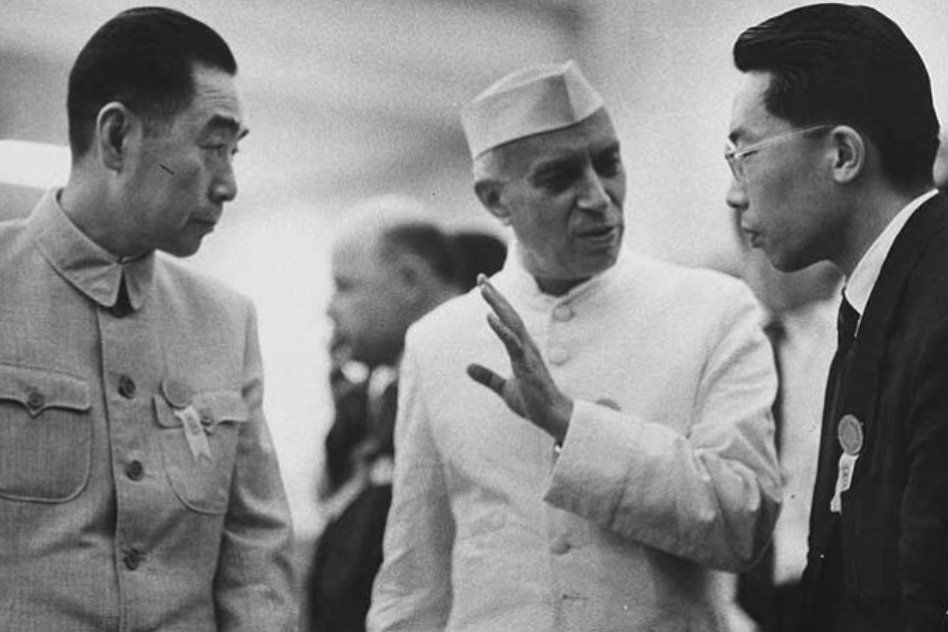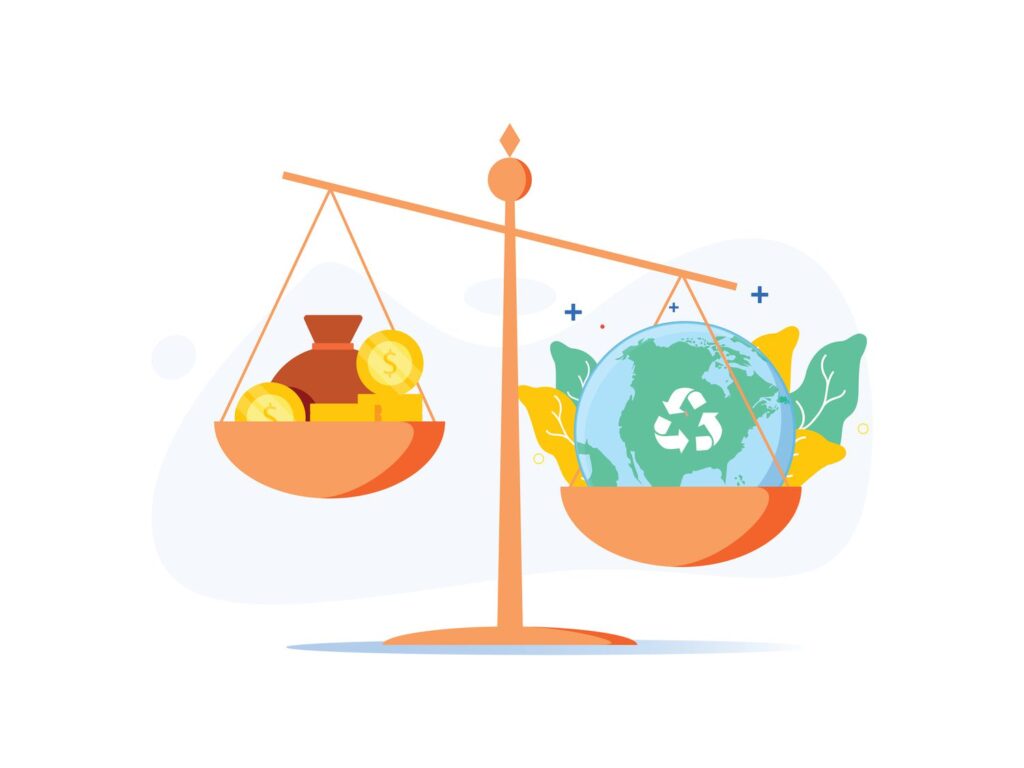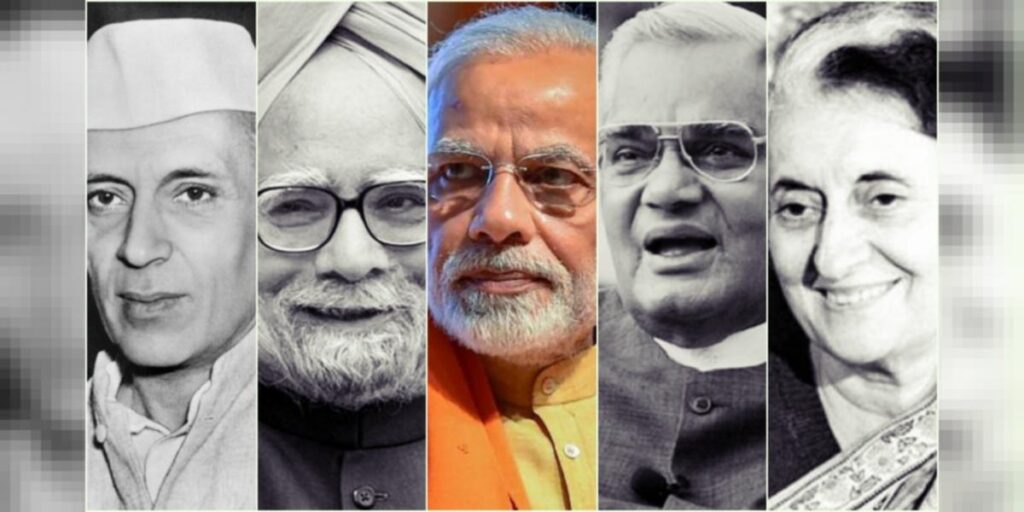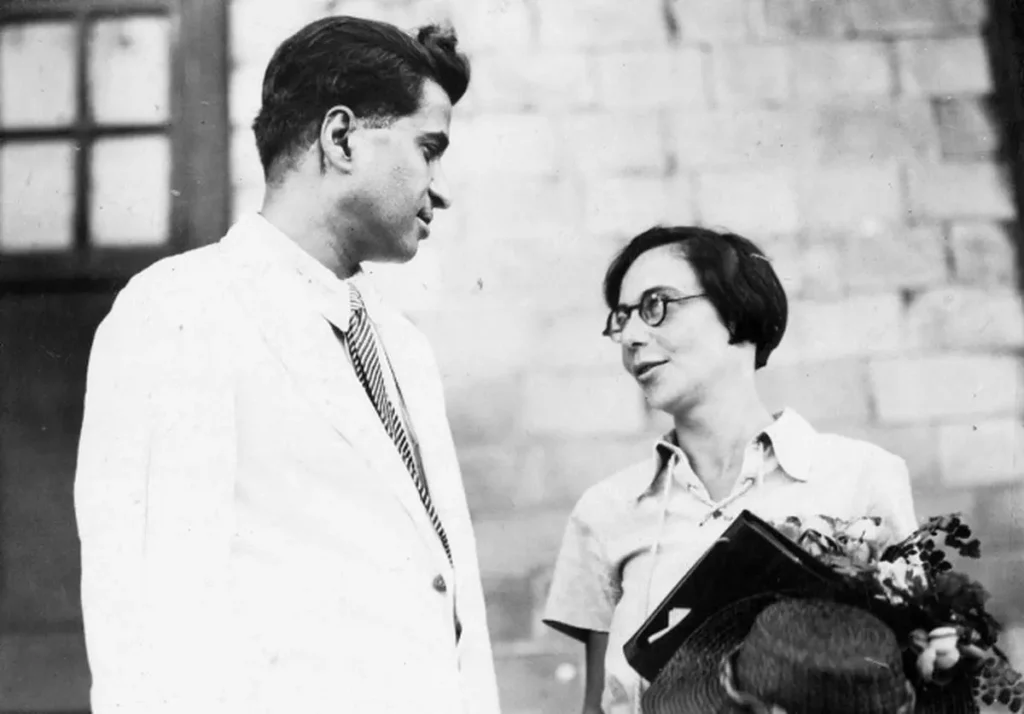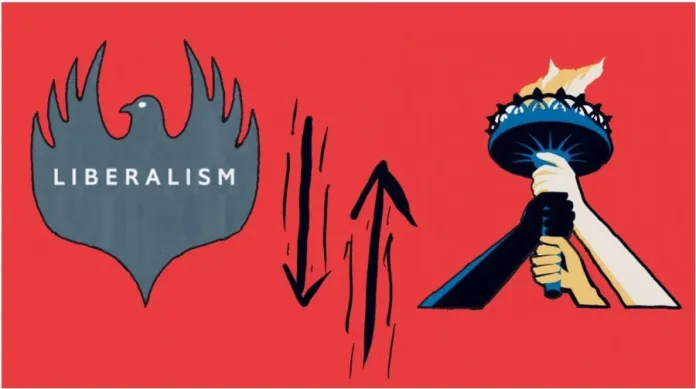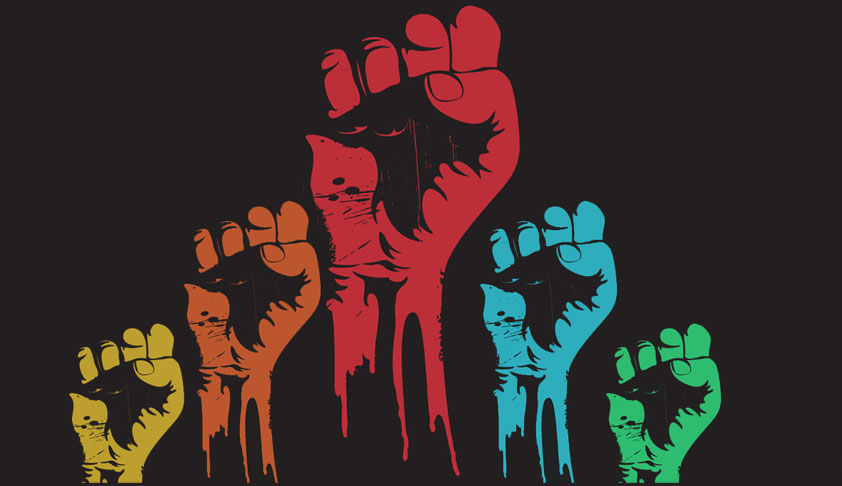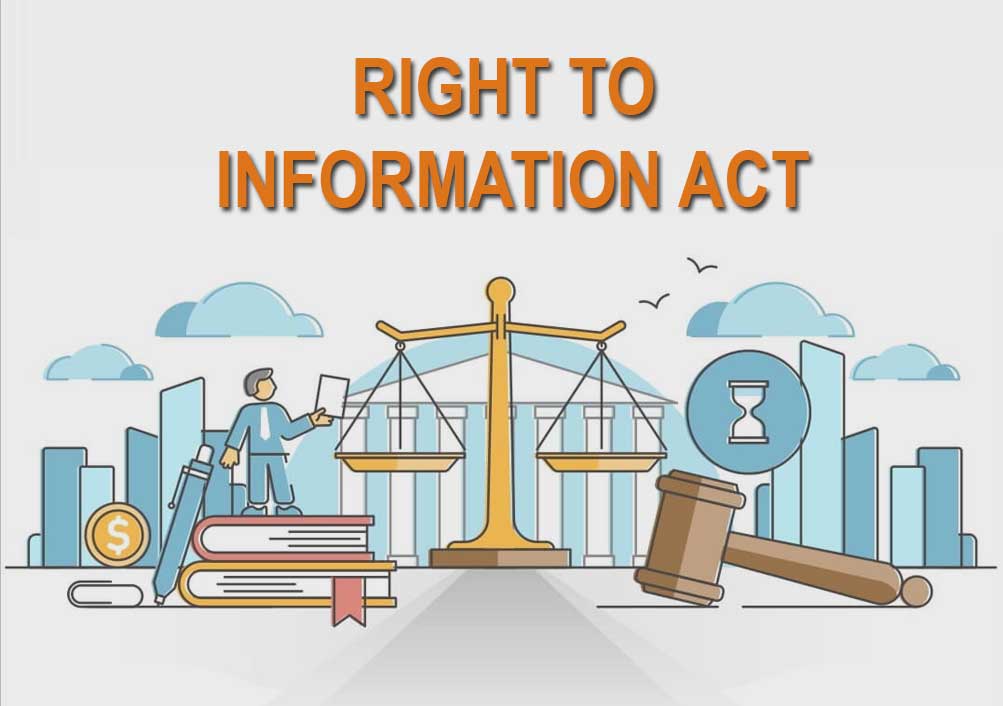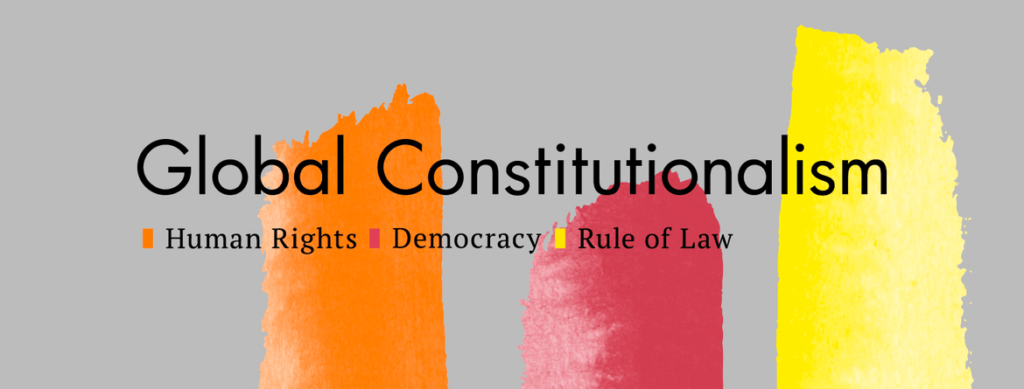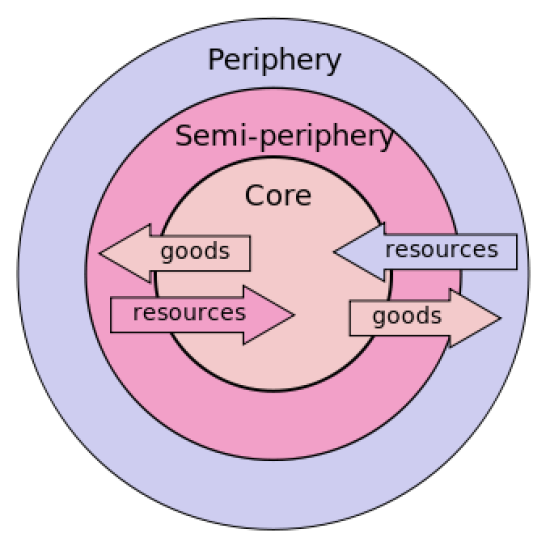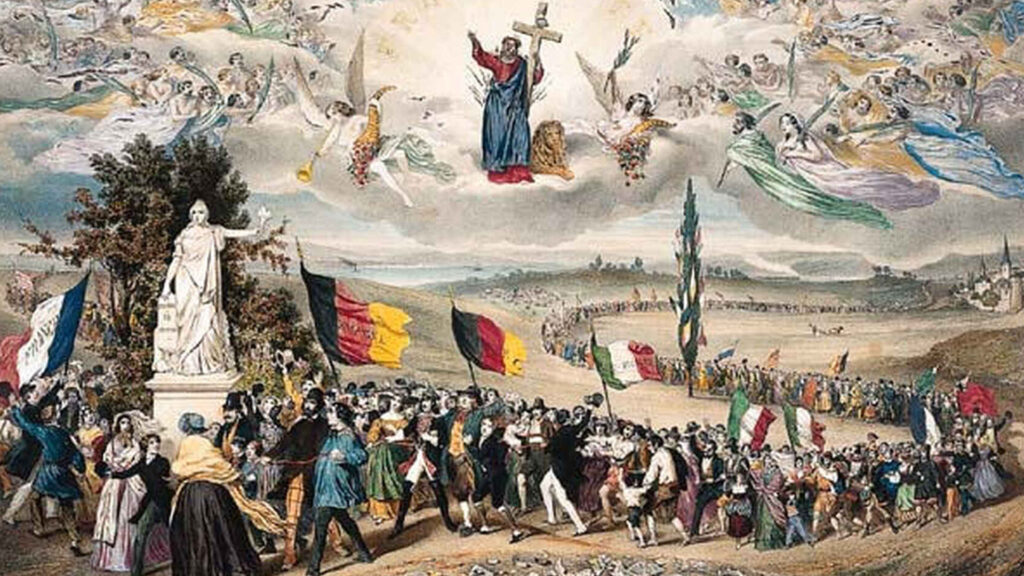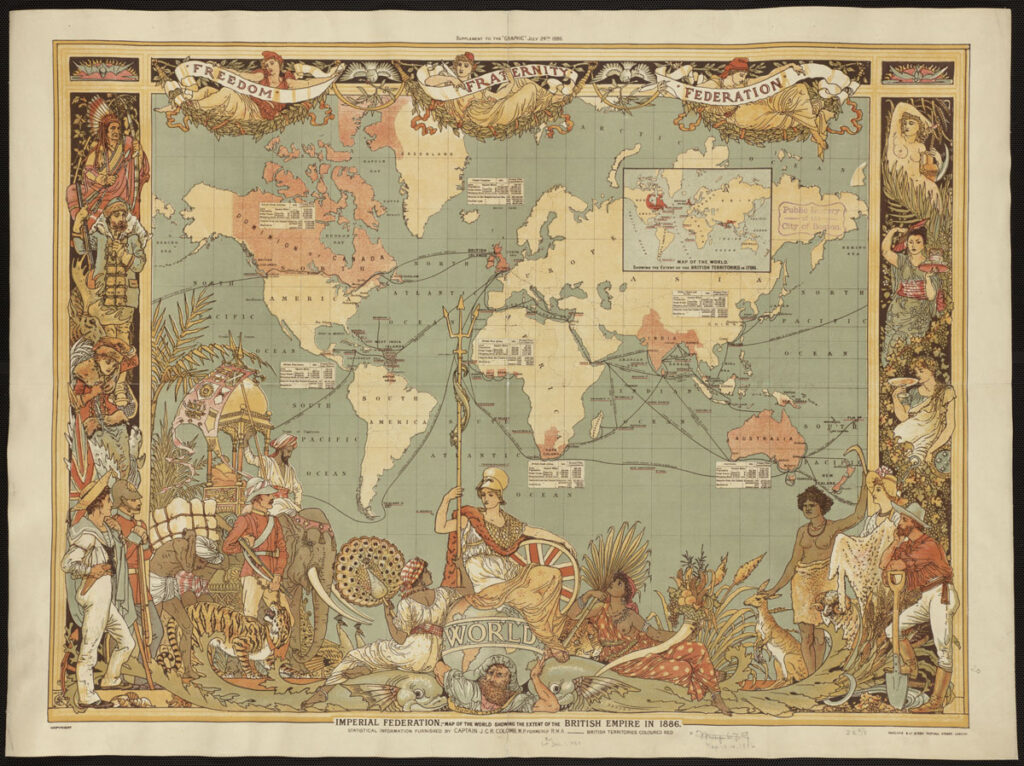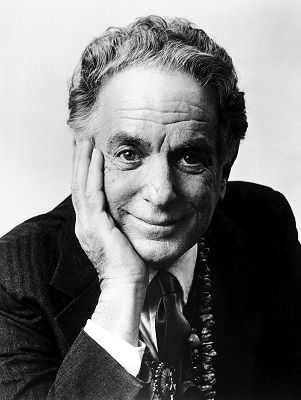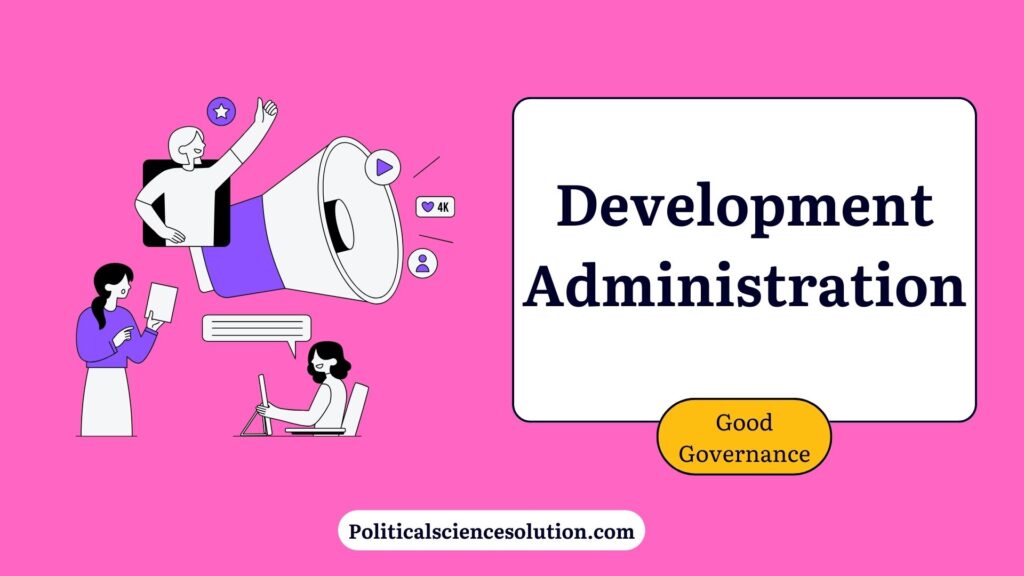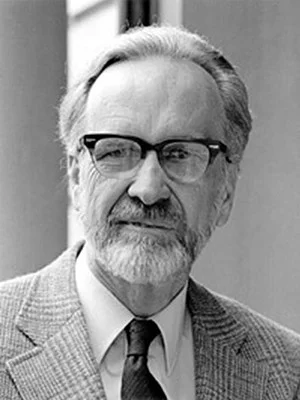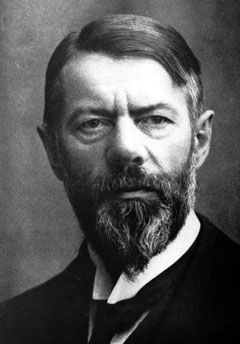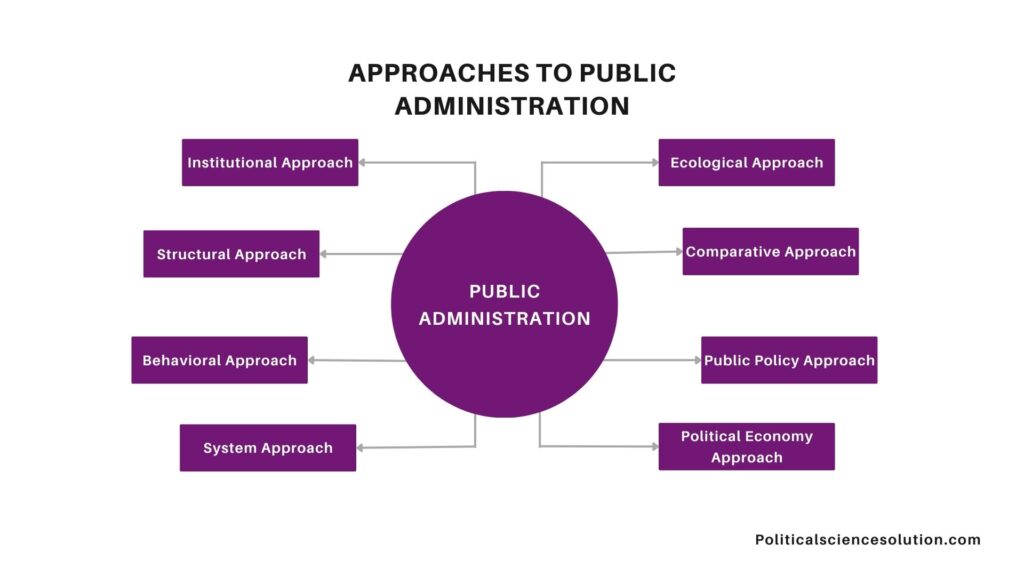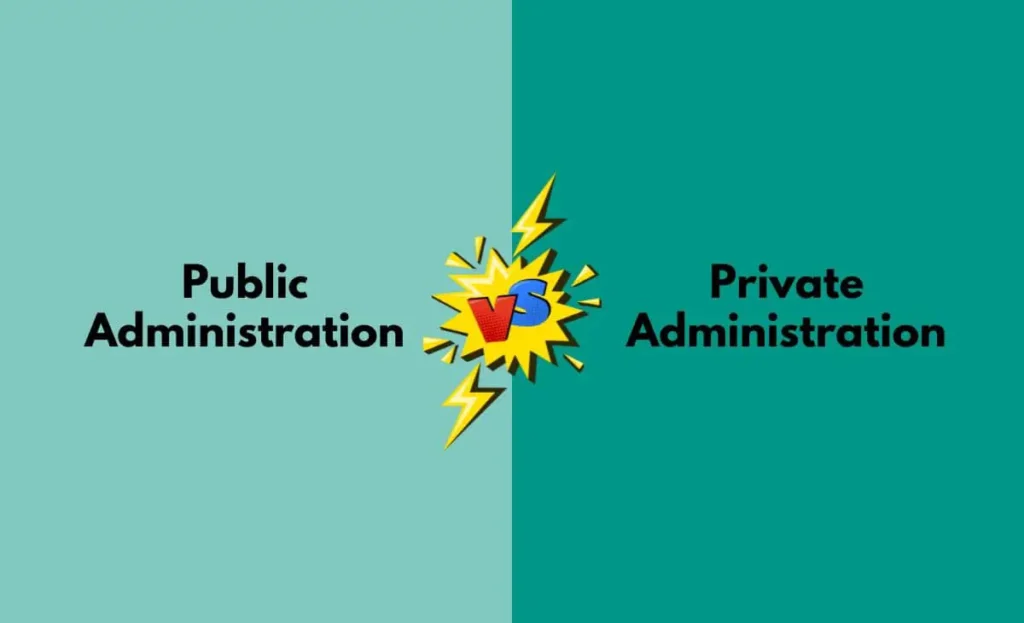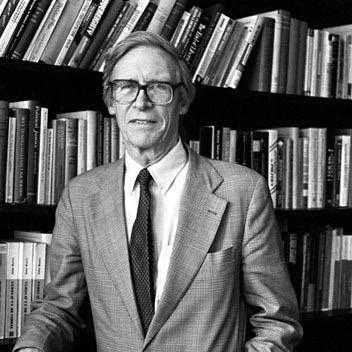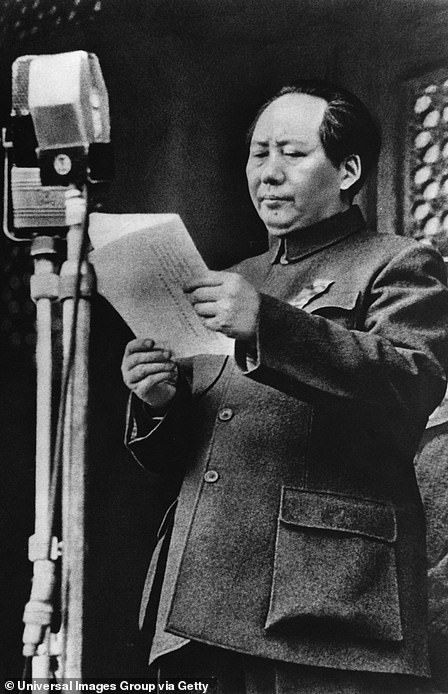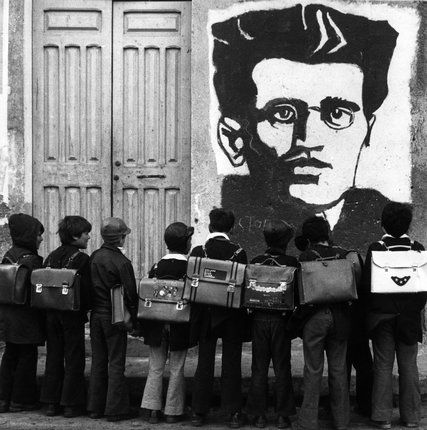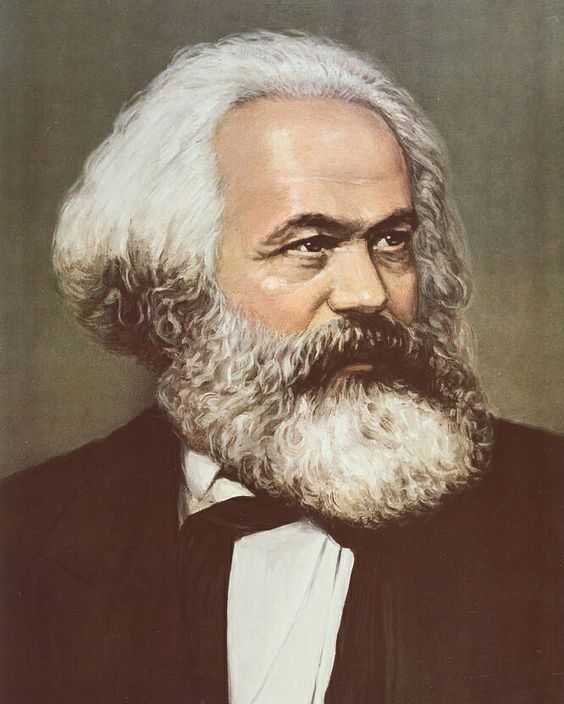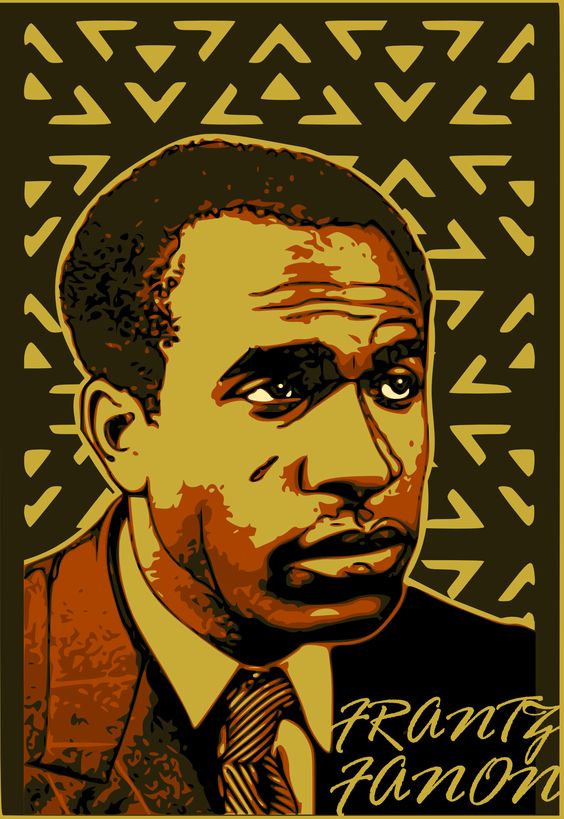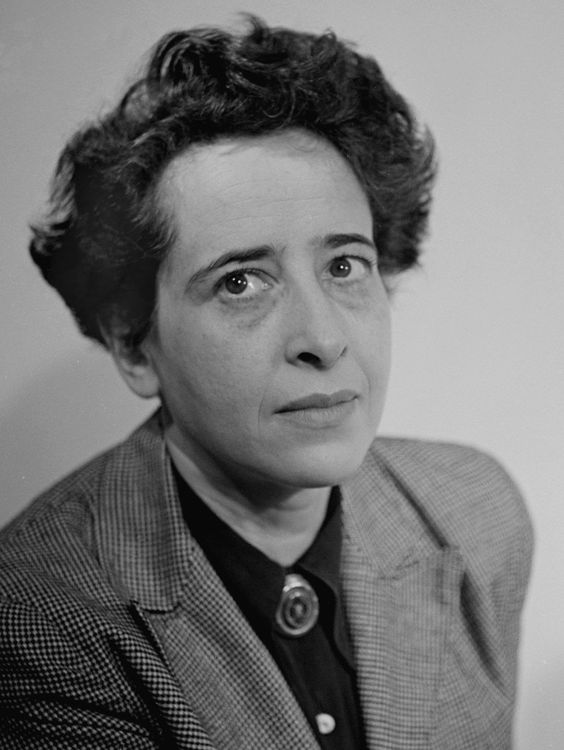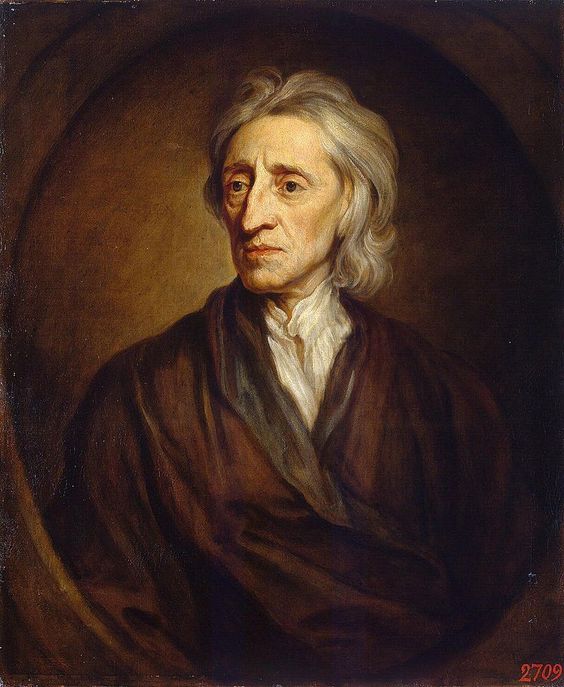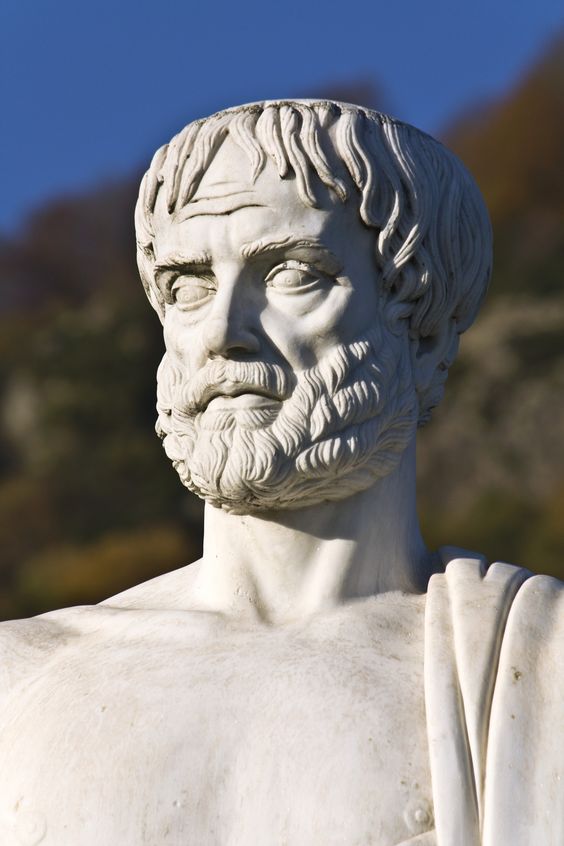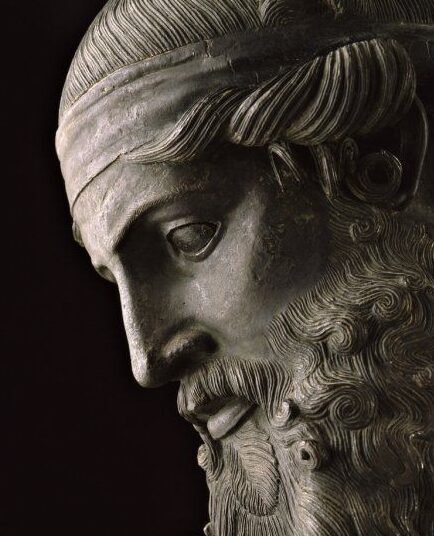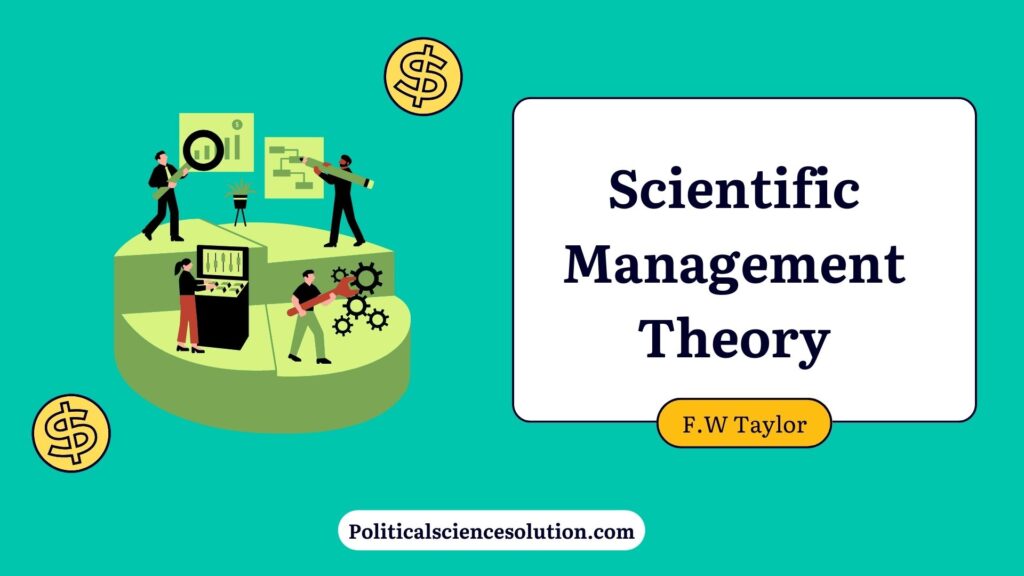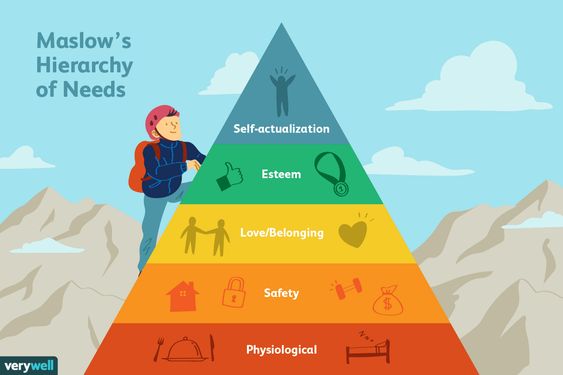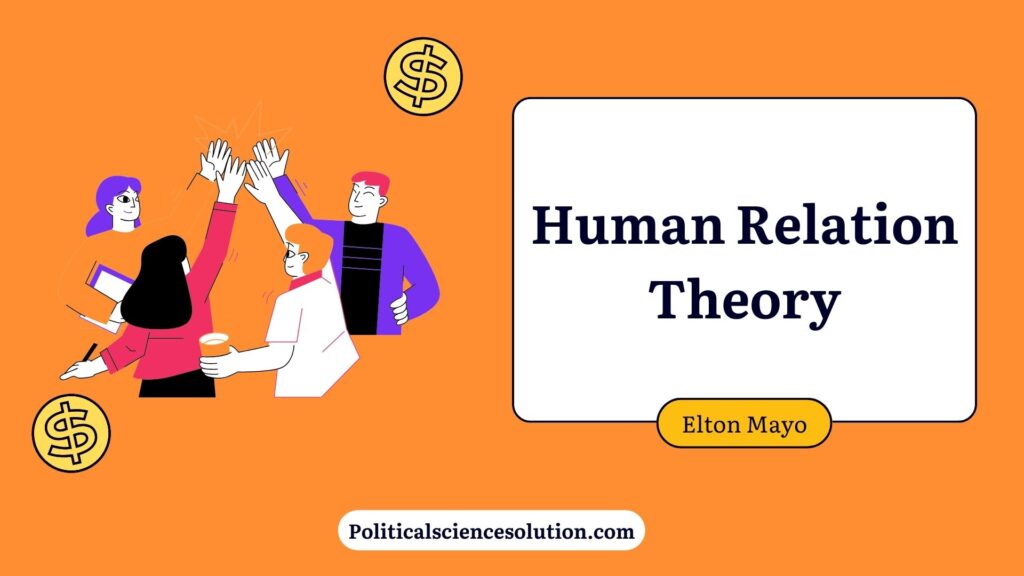Power, in general, is the capacity to influence or control the behavior of others. In international relations, power operates through military strength, economic leverage, diplomatic alliances, and cultural influence. States use these tools to pursue their interests, shape global norms, and maintain or enhance their position in the international system.
In the intricate tapestry of political discourse, the concept of power stands as a pivotal thread, woven into the very fabric of international relations. However, like any fundamental concept, power is not immune to debate and scrutiny. This article embarks on a comprehensive exploration of power, delving into its definition and dissecting the constituent elements that shape its contours.
Defining Power:
- Joseph Nye, held that “Power is also like love, easier to experience than to define or measure, but no less real for that”
- “The concept of power is one of the most troublesome in the field of international politics” – Robert Gilpin
- “International Politics like all politics is a struggle for power” – Hans Morgenthau in ‘Power and Ideology in International Relations’
- “Whatever be the ultimate end, power is always the immediate end” – Hans Morgenthau
- “Ability of a nation to influence the behavior of others in accordance with its own ends” – Organski
Elements of Power:
To navigate the complex landscape of power, scholars such as Morgenthau, Organski, and Palmer and Perkins provide valuable categorizations of its constituent elements.
Morgenthau’s classification distinguishes between permanent and temporary elements, encompassing stable factors like geography and natural resources, alongside dynamic elements such as military preparedness, population, national character, morale, diplomacy, and government.
Organski introduces the natural-social duality, wherein geography, resources, and population are deemed natural, while economic development, political structures, and national morale fall under the social category.
Palmer and Perkins contribute a tangible-intangible categorization, classifying elements such as geography, raw materials, natural resources, population, and technology as tangible, and ideology, morale, leadership, personality, organizational efficiency, and diplomatic quality as intangible.
Broad Elements of Power:
Zooming out for a panoramic view, the major elements of power encompass geography, economy, social factors/structure, technology, leadership, domestic/political stability, intelligence, and military prowess. Each of these elements contributes in a unique way to a nation’s power, influencing its standing in the intricate web of global relations.
Types of Power:
Hard Power:
Hard power involves utilizing military and economic methods to shape the behavior or interests of other political entities. This type of political influence is often forceful, relying on coercion, and is most immediately effective when applied by a stronger political entity onto a weaker one, either economically or militarily. In contrast, soft power is derived from diplomacy, culture, and history.
According to Joseph Nye, hard power is characterized by “the ability to use the carrots and sticks of economic and military might to make others follow your will.” In this context, “carrots” symbolize incentives like reducing trade barriers, offering alliances, or promising military protection. On the other hand, “sticks” represent threats, including coercive diplomacy, the potential for military intervention, or the implementation of economic sanctions. Ernest Wilson defines hard power as the capacity to coerce another entity into acting in ways it wouldn’t have otherwise.
Soft Power:
In the realm of cultural and ideological influence, soft power operates invisibly, contrasting with the overt nature of hard power. Soft power is defined as the capacity to attract and co-opt rather than resorting to coercion. In essence, it revolves around shaping the preferences of others through appeal and attraction.
According to Joseph Nye, a country’s soft power is built on three key resources: its culture, particularly in places where it is appealing to others; its political values, when it consistently upholds them both domestically and internationally; and its foreign policies, which gain legitimacy and moral authority in the eyes of others.
Comparison between Hard Power and Soft Power:
Hard Power:
- Materialistic (Resource Intense)
- Concrete and compelling in nature
- State-controlled and immediate
- Can be acquired relatively quickly through military and economic means
Soft Power:
- Non-materialistic and invisible
- Relies on consent, attraction, and cultural influence
- Dispersed among civil society institutions
- Takes a longer time to build and establish influence due to its reliance on shaping perceptions and values
Traditional realist viewpoints emphasize the dominance of hard power, while liberals, including Joseph Nye, argue that its significance has waned in the 21st century due to complex interdependence. Edward H. Carr, a pioneer in Modern International Relations, contributes a comprehensive concept of power, acknowledging its multifaceted nature.
Nye’s three-dimensional chess board analogy envisions a world that is unipolar in a materialistic sense, multipolar economically, and apolar on a social basis.
Smart Power:
Joseph Nye’s intellectual journey led him to reevaluate the efficacy of soft power in isolation, leading to the formulation of the concept of Smart Power. This strategic approach advocates for the synergistic combination of both hard and soft power strategies. Smart Power recognizes the importance of a robust military but places equal emphasis on forging alliances, partnerships, and institutions at various levels to expand influence and legitimize actions. Nye defines Smart Power as an approach that “underscores the necessity of military power but invests heavily in alliances, partnerships, and institutions.” His work, “Get Smart – Combining Hard and Soft Power” (2009), provides a comprehensive exploration of this integrated approach.
Fast Power:
John Chipman introduces the concept of Fast Power, highlighting the contemporary importance of agility and adaptability in the geopolitical arena. According to Chipman, the determining factor in power is no longer sheer heft but the ability of a nation to be agile and responsive. In a world where speed is paramount, the survival paradigm has shifted from ‘survival of the fittest’ to ‘survival of the fastest.’ Fast Power underscores the critical need for nations to swiftly respond to emerging challenges and opportunities, emphasizing the importance of nimbleness in the pursuit of strategic objectives.
Balance of Power:
The theory of Balance of Power in international relations posits that states secure their survival by preventing any one state from attaining sufficient military dominance. Rooted in common sense, according to David Hume, the balance of power remains a relevant and enduring concept in international politics. The Treaty of Utrecht is historically significant as the first formal recognition of the Balance of Power. The theory thrived in Europe, particularly under ideal conditions such as regional settings, multi-polarity, the absence of permanent alliances, and the exclusion of non-state actors.
Theory of Balance of Power by Kenneth Waltz:
Kenneth Waltz contributes to the theory of Balance of Power by emphasizing the structural aspects of international systems. He posits that a balance emerges naturally in a system with multiple power centers, preventing any single entity from achieving absolute dominance. Waltz’s theory provides a theoretical framework for understanding how states strategically align themselves to maintain equilibrium in the international arena.
Conclusion:
In conclusion, power remains a dynamic and contested concept, intricately interwoven with the nuances of international relations. This exploration, drawing from the wisdom of eminent scholars, seeks to unravel the layers of power, providing readers with a holistic understanding. Acknowledging the multifaceted nature of power is imperative for policymakers and analysts, fostering informed decision-making in the complex arena of global politics. The intertwining of detailed analysis with SEO principles ensures that this exploration remains accessible and impactful in the digital realm.
